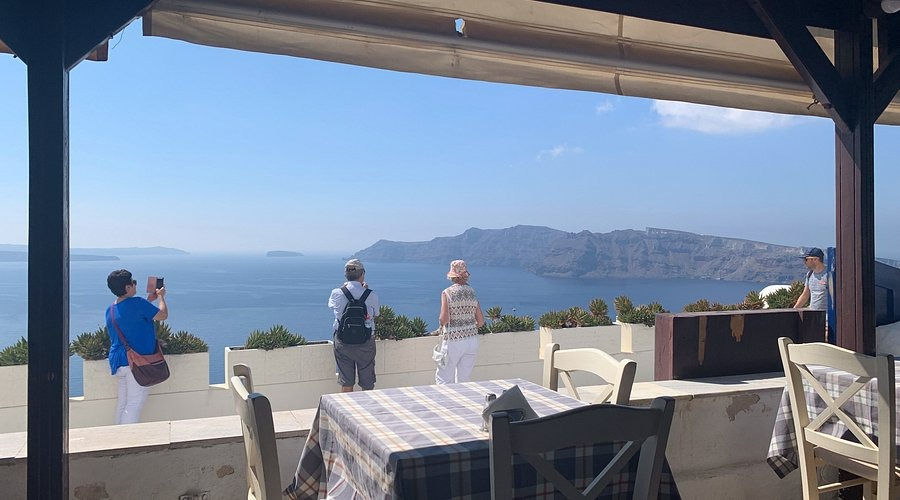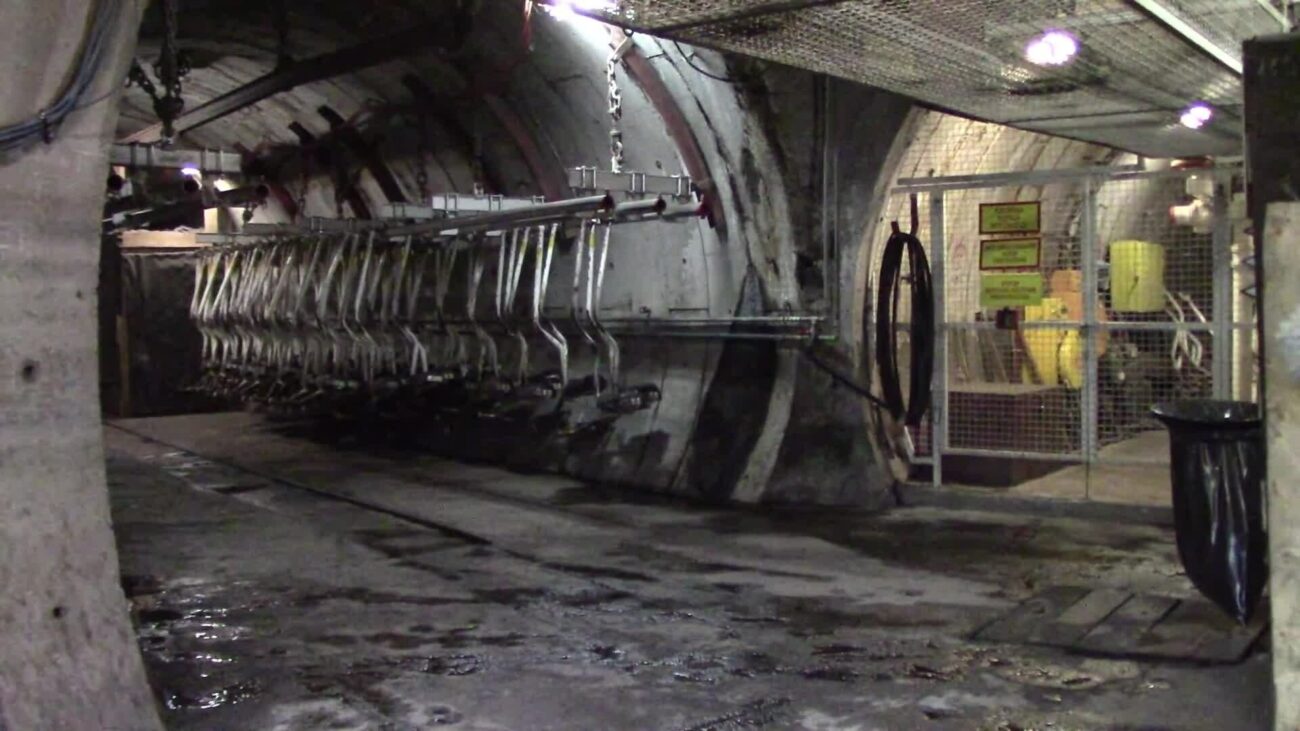The scent of spiced tomato mingles with something that looks exactly like salmon but carries no whisper of ocean brine. At Kann, Chef Gregory Gourdet slides a plate across the pass—sushi-grade “saku” that never knew saltwater, never felt current against fin. This is lab-grown salmon, and it just became the first cultivated fish to earn FDA approval.
It is like watching someone rewrite the rules of dinner while the kitchen hums with familiar rhythms. And with seafood now in play, it begs the question—are we ready for lab-grown lamb on the menu?
Wildtype, the San Francisco company behind this cellular agriculture breakthrough, joins an exclusive club—one that requires both advanced degrees and the patience to explain why your salmon needs a laboratory instead of a river. Only four companies have navigated the FDA’s pre-market safety consultation for cell-cultivated animal products. The agency’s “no questions” letter—regulatory speak for “safe as comparable foods”—arrived May 28, clearing the path for restaurant service.
The timing feels deliberate. While eight states ban lab-grown meat products, cultivated seafood falls under FDA jurisdiction alone, sidestepping the USDA complications that plague cell-based chicken and pork. It’s like finding the one parking meter that still accepts quarters while the rest demand an app you’ve never heard of. Here’s the regulatory landscape creating this moment:
- Pacific coho salmon cells cultivated in controlled bioreactors
- Plant-based scaffolding provides texture and familiar coral-pink color
- Mercury-free, pollutant-free alternative to wild-caught fish
- Sushi-grade quality without ocean sustainability concerns
- Thursday-only service through June, then nightly starting July
“Introducing Wildtype’s cultivated salmon to our menu hits the elevated and sustainable marks,” Gourdet explains, though the real test happens when diners take that first bite.
Kann restaurant didn’t become Portland’s Haitian fine-dining destination by playing it safe. The James Beard Award-winning spot built its reputation on bold flavors and cultural storytelling. Now it’s writing the opening chapter of cultivated seafood in American dining.
“The product addresses seafood sustainability, ocean pollution, and aquaculture constraints while eliminating mercury concerns.”
The lab-grown salmon arrives as saku-style preparation—thick, clean cuts paired with spiced tomato and pickled strawberry. It’s a dish that honors both innovation and tradition, letting diners experience the future through familiar presentation.
This approval signals more than menu expansion. Cell-cultivated seafood represents a response to overfishing, ocean pollution, and climate concerns that shadow every piece of wild salmon. The technology removes variables—no seasonal availability, no mercury levels, no fishing quotas—while maintaining the protein and experience diners expect. It’s like having a crystal ball for your supply chain, except the crystal ball is actually a bioreactor and somehow less mystical but more reliable.
Four additional restaurants will join Kann in serving Wildtype’s salmon, though the company keeps those locations closer to the vest than a poker player with a royal flush. Retail availability for home chefs to prepare fish pies remains on the horizon, pending scale-up and continued regulatory navigation.
The future of seafood might taste remarkably like the past—if the past had better control over its supply chain, a smaller environmental footprint, and no concern about whether the tide was coming in. At Kann, that future arrives one carefully plated Thursday night at a time, complete with all the wonder and mild existential questioning that good food should inspire.


















